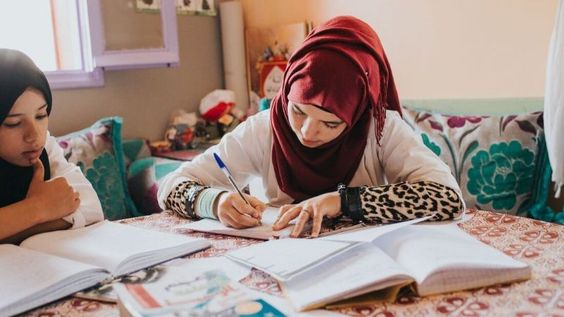In a groundbreaking shift for Morocco’s higher education landscape, universities are now integrating culture and humanities into their curricula. This pioneering initiative, spearheaded by the esteemed André Azoulay, marks a significant milestone in the history of Moroccan education, promising to reshape the intellectual and cultural fabric of the nation.
Historically, Moroccan higher education has predominantly focused on science, technology, engineering, and mathematics (STEM) fields, aligning with global trends and the demands of the job market. However, this emphasis often came at the expense of the humanities and cultural studies, leaving a gap in the holistic development of students. Recognizing this imbalance, Azoulay, a prominent advisor to the monarchy and a fervent advocate for cultural preservation, championed the integration of humanities into university programs.
The inclusion of culture and humanities is more than a mere addition to the academic catalog; it is a transformative approach that enriches the educational experience. Courses in literature, philosophy, history, and the arts provide students with a deeper understanding of their own cultural heritage and the diverse world around them. Such an education cultivates critical thinking, empathy, and a broader perspective, essential qualities in an increasingly interconnected and complex global society.
Azoulay’s vision extends beyond academia. By embedding cultural studies within the curriculum, universities become crucibles for nurturing a new generation of well-rounded, culturally aware citizens. This initiative fosters an environment where students can appreciate the rich tapestry of Moroccan culture, from its historical roots to contemporary expressions, and engage with the universal themes that connect humanity.
Moreover, this educational reform is poised to bolster Morocco’s cultural sector, encouraging students to pursue careers in the arts, heritage conservation, and cultural management. By valuing and investing in the humanities, Morocco is making a strategic move to preserve its cultural legacy while fostering innovation and creativity.
The benefits of this initiative resonate on multiple levels. It not only enhances students’ academic and personal growth but also contributes to the nation’s cultural renaissance. A curriculum enriched with culture and humanities equips students with the intellectual tools to navigate and contribute to the world meaningfully.
In conclusion, the integration of culture and humanities into Moroccan universities’ curricula, championed by André Azoulay, is a historic and visionary step. It honors Morocco’s rich cultural heritage while preparing students to be thoughtful, informed, and engaged global citizens. This educational reform represents a bold commitment to fostering a more holistic and inclusive form of higher education, setting a precedent for other nations to follow.

